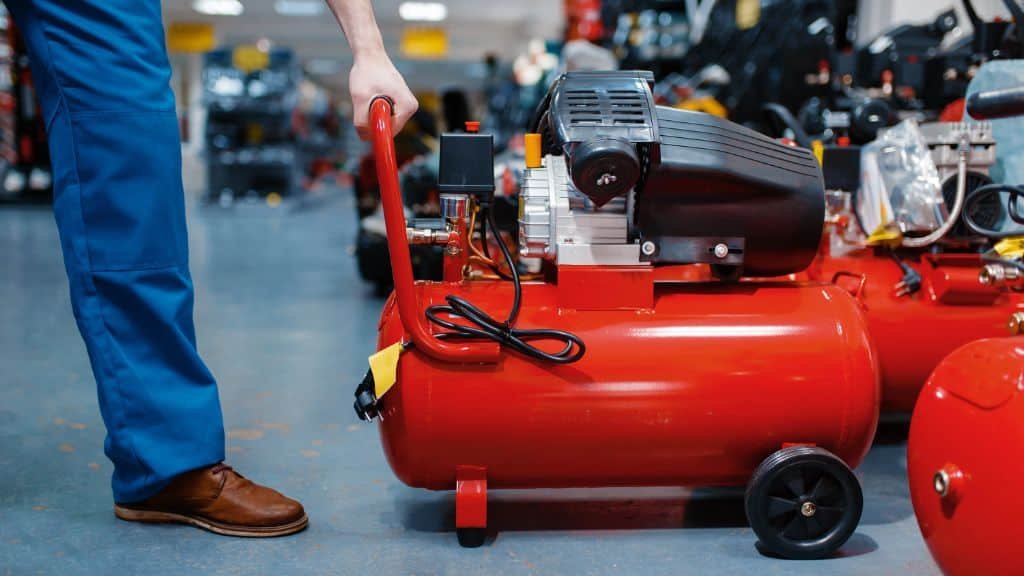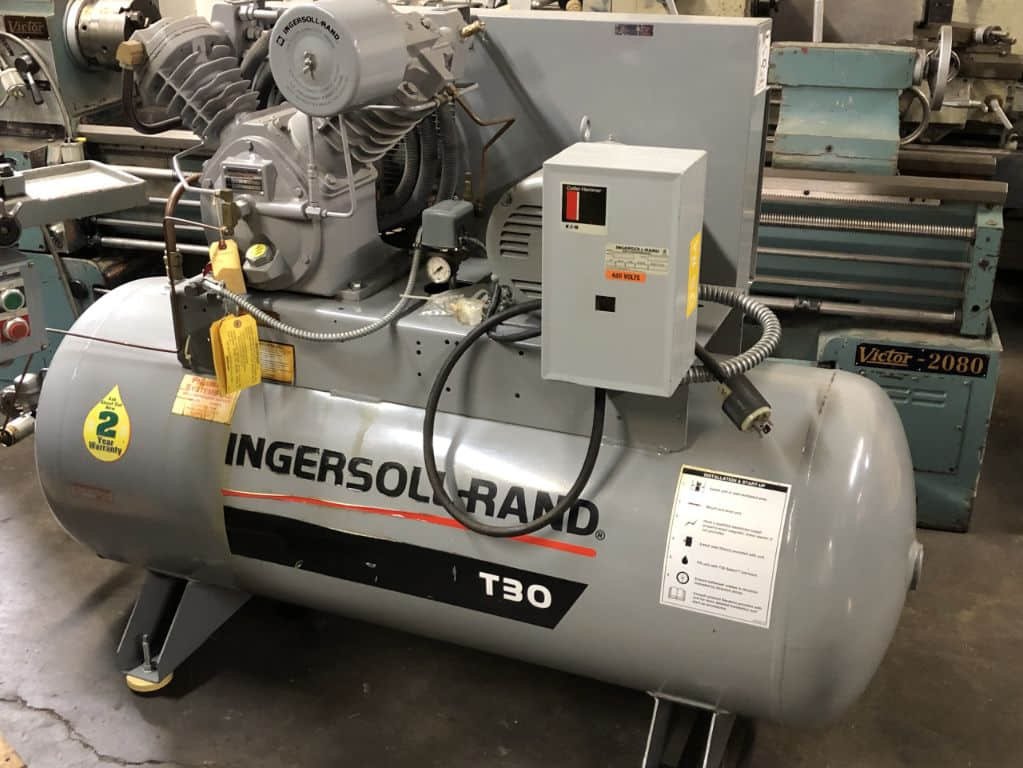Recycling and Disposing of Waste Compressor Oil: A Guide for Ryobi Air Compressor Repairs
When it comes to maintaining your Ryobi air compressor, one important aspect that often gets overlooked is the proper disposal or recycling of waste compressor oil. Many people are unaware of the environmental impact of improper disposal and the potential harm it can cause. In this guide, we will walk you through the process of recycling and disposing of waste compressor oil, ensuring that you are not only taking care of your air compressor but also the environment.
The Importance of Proper Disposal
Before we dive into the details of recycling and disposing of waste compressor oil, let’s first understand why it is so important. Compressor oil, like any other type of oil, can be harmful to the environment if not disposed of correctly. When oil is improperly disposed of, it can contaminate soil, water sources, and even the air we breathe. This contamination can have severe consequences for both human health and the ecosystem.
By properly recycling or disposing of waste compressor oil, you are not only preventing potential harm to the environment but also complying with local regulations and laws. It is our responsibility as air compressor owners to ensure that we are doing our part in protecting the planet.
Recycling Waste Compressor Oil
Recycling waste compressor oil is an excellent way to minimize environmental impact and conserve resources. Here are the steps you can follow to recycle your waste compressor oil:
Step 1: Collect the Oil
Start by draining the waste compressor oil into a clean, leak-proof container. Make sure to use a container that is specifically designed for storing oil to prevent any leaks or spills. It is crucial to handle the oil with care and avoid any contact with your skin or eyes.
Step 2: Find a Recycling Center
Once you have collected the waste oil, the next step is to find a recycling center that accepts compressor oil. You can check with your local recycling facilities or contact your municipality for guidance. It is essential to choose a reputable recycling center that follows proper disposal procedures.
Step 3: Transport the Oil
Transport the waste compressor oil to the recycling center. Make sure to secure the container properly to prevent any spills during transportation. If the recycling center is far away, consider using a sealed and labeled container to avoid any potential accidents.
Step 4: Follow the Recycling Center’s Guidelines
When you arrive at the recycling center, follow their guidelines for dropping off the waste compressor oil. They may have specific instructions on how to handle and dispose of the oil properly. By adhering to their guidelines, you are ensuring that the oil is recycled in the most efficient and environmentally friendly way.
Disposing of Waste Compressor Oil
If recycling is not an option in your area, you may need to dispose of the waste compressor oil. Here are the steps to follow:
Step 1: Check Local Regulations
Before disposing of the waste compressor oil, check your local regulations and laws regarding oil disposal. Some areas have specific guidelines on how to handle and dispose of waste oil. It is crucial to comply with these regulations to avoid any penalties or harm to the environment.
Step 2: Seal the Oil
Seal the waste compressor oil in a leak-proof container. Make sure the container is tightly sealed to prevent any leaks or spills during transportation. It is essential to handle the oil with care and avoid any contact with your skin or eyes.
Step 3: Find a Proper Disposal Facility
Look for a proper disposal facility that accepts waste oil. You can check with your local waste management authority or contact your municipality for guidance. It is crucial to choose a facility that follows proper disposal procedures to minimize environmental impact.
Step 4: Transport the Oil
Transport the waste compressor oil to the disposal facility. Secure the container properly to prevent any spills during transportation. If the facility is far away, consider using a sealed and labeled container to avoid any potential accidents.
Step 5: Follow the Facility’s Guidelines
When you arrive at the disposal facility, follow their guidelines for dropping off the waste compressor oil. They may have specific instructions on how to handle and dispose of the oil properly. By adhering to their guidelines, you are ensuring that the oil is disposed of in the most responsible and environmentally friendly way.
Conclusion
Properly recycling or disposing of waste compressor oil is crucial for both the maintenance of your Ryobi air compressor and the protection of the environment. By following the steps outlined in this guide, you can ensure that you are doing your part in minimizing environmental impact and complying with local regulations. Remember, it is our responsibility to take care of our air compressors and the planet we live on.
FAQs
Q: Can I reuse waste compressor oil?
A: Reusing waste compressor oil is not recommended. The oil may have contaminants or degraded properties that can affect the performance and lifespan of your air compressor. It is best to recycle or dispose of the oil properly.
Q: Can I mix different types of compressor oil?
A: It is generally not recommended to mix different types of compressor oil. Different oils have different properties and additives that may not be compatible. Mixing oils can lead to reduced performance and potential damage to your air compressor. It is best to use the recommended oil for your specific compressor model.
Q: How often should I change the compressor oil?
A: The frequency of oil changes depends on various factors such as usage, operating conditions, and manufacturer recommendations. It is best to consult your Ryobi air compressor’s manual for specific guidelines on oil change intervals. Regular oil analysis can also help determine the optimal time for an oil change.
Q: Can I dispose of waste compressor oil in the trash?
A: No, it is not safe to dispose of waste compressor oil in the trash. Oil can contaminate the soil and water sources, causing harm to the environment. It is essential to follow proper recycling or disposal procedures to minimize environmental impact.
Q: What are the consequences of improper disposal of waste compressor oil?
A: Improper disposal of waste compressor oil can lead to contamination of soil, water sources, and air. This contamination can harm plants, animals, and humans. It can also result in fines and penalties for non-compliance with local regulations and laws.




